Journey Map
The honest truth about mid-career transitions, finding work that aligns with your values, and why starting over might be exactly what you need
Making a career change at 30 felt like the scariest decision of my life, but it became the most honest thing I’d ever done. I’m writing this from my tiny Bali workspace, my third cup of tea already cold because I keep getting distracted by the ocean view. Last week, I had one of those conversations that stayed with me for days. My friend Greta called from Vilnius – she’s 36, has this impressive corporate title, earns more than most of our university classmates, and sounded completely defeated.
“Eve, I keep thinking… is this really it?” Her voice had this hollow quality I recognized immediately. “I’m successful, I should be happy, but I feel like I’m just going through the motions. Like I’m sleepwalking.”
That conversation brought me right back to three years ago, sitting in my project manager office in that state enterprise, staring at EU funding documents and feeling exactly the same way.
The Mid-Career Crisis Nobody Wants to Admit
You know what nobody tells you about hitting your thirties? That moment when you realize you’ve been so busy building what looks like a successful life that you forgot to check if it actually feels like yours.
I spent years managing European Union projects, and honestly? I was good at it. Really good. My reports were always on time, my budgets balanced, my stakeholders happy. But every single morning, I’d put on my business clothes and feel like I was playing dress-up. Like I was performing “successful professional woman” instead of actually being one.
The weirdest part? The better I got at the job, the more trapped I felt. Because how do you walk away from something you’re objectively succeeding at? How do you explain to your parents – who worked their entire lives in the same companies – that their daughter with two degrees and a master’s wants to… what exactly?
I didn’t even know what I wanted. I just knew it wasn’t this.
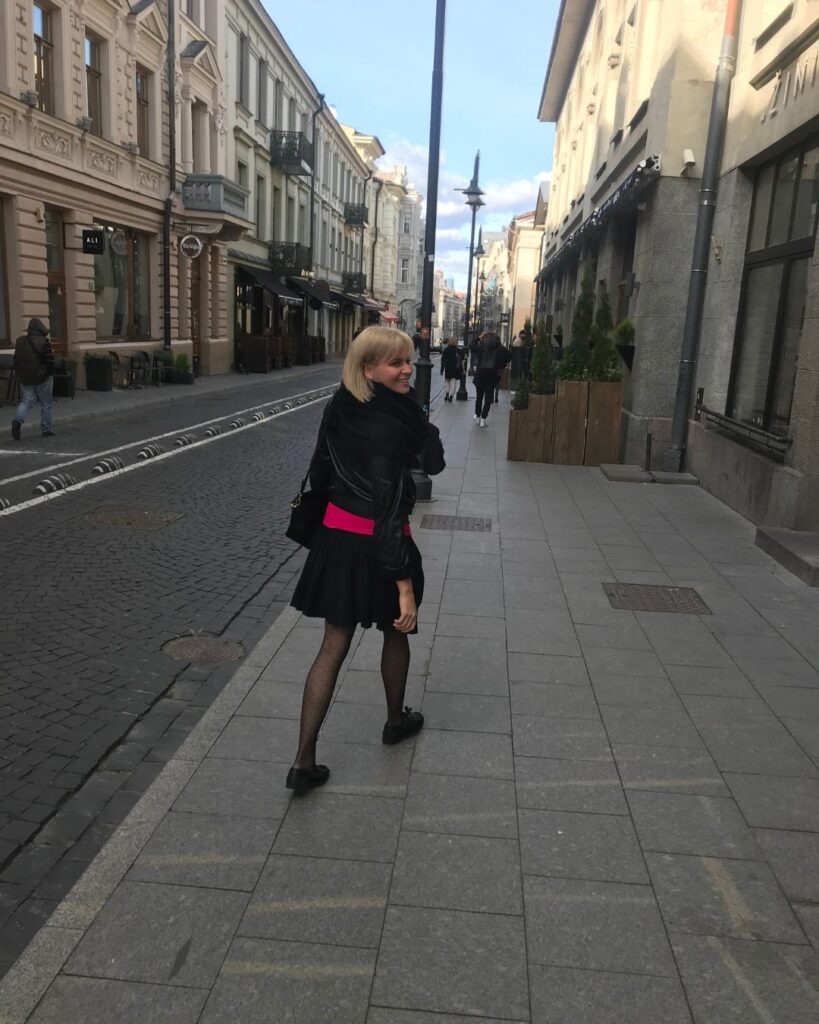
Why Career Change at 30 Feels Scarier When You’re Not 25 Anymore
Let me be brutally honest about why career changes feel terrifying after 30.
First, there’s the weight of other people’s expectations. My parents were so proud when I got that project manager position. They could finally explain to their friends what their daughter did for work. “She manages important projects,” they’d say, and I could hear the satisfaction in their voices.
Walking away from that meant disappointing people who had invested so much in my education. Two university degrees don’t come cheap, even in Lithuania. The guilt was real.
Then there’s the financial reality. At 25, you can crash on friends’ couches and eat pasta for months. At 31 (my age when I left), you have actual responsibilities. I had an apartment, bills, a life that required a certain income level to maintain.
But the scariest part? I’d spent so long being “the project manager” that I wasn’t sure who I was without that title. My entire adult identity was wrapped up in work that, if I’m being honest, I never really chose. I just fell into it because it seemed like the responsible thing to do.
The Hidden Cost of Work That Doesn’t Fit
Here’s what took me years to understand: staying in the wrong job isn’t the safe choice. It’s the expensive choice.
When your work doesn’t align with who you actually are, the cost shows up everywhere. I was exhausted all the time, not from the work itself, but from the constant effort of pretending to care about things that didn’t matter to me. My relationships suffered because I was always drained. My health took a hit because stress became my baseline.
As neuroscientist Dr. Antonio Damasio explains in his research on decision-making, when there’s a disconnect between our rational choices and our emotional reality, our bodies keep the score. I was living proof of that – successful on paper, miserable in reality.
My Messy, Imperfect Career Transformation
When I finally decided to leave Lithuania, I had no master plan. I had savings (not nearly enough, as it turned out), a vague idea about starting an online business, and this desperate need to try something different.
My parents thought I’d lost my mind. And honestly? Maybe I had, a little bit.
I started an e-commerce business in Bali with zero experience and way too much confidence. I trusted people I shouldn’t have trusted, paid for services I didn’t need, and basically made every rookie mistake possible. Within eight months, I’d burned through most of my savings and had very little to show for it.
But here’s the thing – even when I was scrambling to find work on Fiverr and Upwork, taking any job I could get (and I mean ANY job – I’ve uploaded products to websites, managed Etsy shops, built WordPress sites, handled social media for random businesses), I felt more alive than I had in years.
I remember one particularly desperate week when I took five different freelance gigs just to pay my rent. I was exhausted, stressed about money, and questioning every decision that led me there. But when my alarm went off in the morning, I didn’t have that Sunday-night-dread feeling. I was solving problems I chose to solve, learning skills I wanted to learn.
As career transition expert Herminia Ibarra writes in “Working Identity,” we discover who we are by doing, not by thinking. All those random gigs taught me what I was actually good at and what energized me.
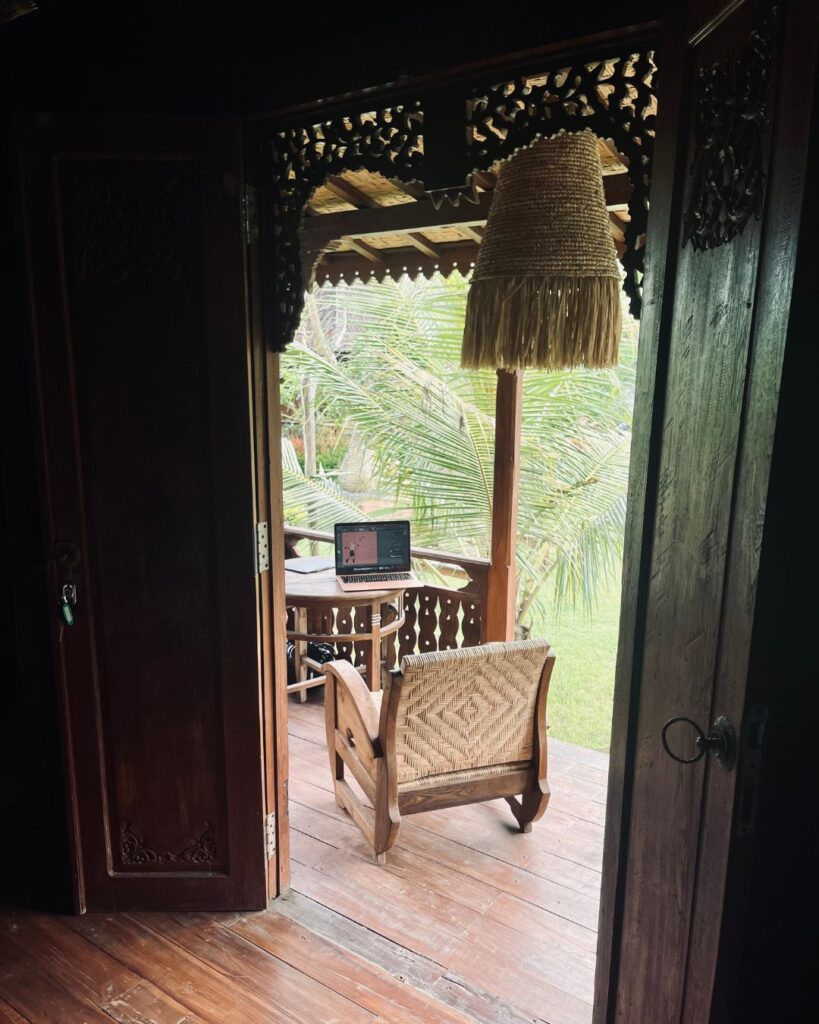
What I Learned About Finding Work That Actually Fits
The whole “follow your passion” advice? Honestly, it’s kind of useless when you’re 30 and have no idea what your passion even is.
What worked better for me was paying attention to what came naturally. People always asked me to help them with writing – emails, social media captions, website copy. It never felt like work because explaining things clearly and helping people express themselves just made sense to me.
I also had to get honest about my non-negotiables. Freedom was huge for me. Not just the freedom to travel (though I love that), but the freedom to structure my days in a way that made sense for my brain and body.
Now I work about 4-5 hours a day, but they’re incredibly focused hours. I meditate in the morning, journal, exercise, then work in concentrated blocks with my phone in another room. That rhythm wouldn’t work for everyone, but it works for me. And that’s the point – your career transition gets to be about what works for YOU.
The Reality Check Nobody Gives You
Can I be completely honest? The idea that work has to be your life’s purpose is sometimes privileged nonsense. Not everyone can turn their hobby into their career, and forcing that narrative just creates more guilt.
But meaningful work? That’s different. Meaningful work might be:
- Work that pays you enough to support the life you want outside of work
- Work that uses your brain in ways that feel satisfying
- Work that doesn’t make you dread Monday mornings
- Work that allows you to show up as yourself, not as a performance of who you think you should be
The goal isn’t to find the perfect job – it’s to find work that supports the life you actually want to live.
When Fear Becomes Your Navigation System
As Mel Robbins says, “You need to recognize that the risk of moving toward your dreams is much lower than the slow, everyday punishment you inflict on yourself by suppressing your dream.”
Looking back, everything I was afraid of when I left my job was actually showing me what I needed to work on.
I was terrified of financial instability, which forced me to get creative about income and learn skills I never would have developed otherwise. I was scared of disappointing my parents, which made me examine how much I was living my life for their approval instead of my own values.
I was afraid of failing, which made me redefine what failure actually meant to me. Is it failing to try something that matters to you? Or is it staying somewhere safe but soul-crushing?
The fear never completely goes away, by the way. Even now, three years later, I sometimes wake up worried about money or wonder if my parents will ever really understand my choices. But I’ve learned that fear and excitement often feel remarkably similar in your body.

Building the Confidence to Actually Make Changes
Career transitions don’t require the confidence that you’ll succeed – they require the confidence that you’ll figure it out as you go.
I’ve never been more wrong about more things than I was in my first year in Bali. But I’ve also never learned more about my own resilience and creativity. Every weird freelance job, every failed business idea, every month when money was tight taught me something about what I was capable of handling.
As psychologist Dr. Carol Dweck’s research on growth mindset shows, the most successful people aren’t the ones who never fail – they’re the ones who treat setbacks as information rather than verdicts.
Your instincts about your own life are probably more reliable than you think. If something has felt wrong for months or years, it probably is. If you keep fantasizing about a different kind of work, that’s worth paying attention to.
What Work Actually Feels Like When It Fits
When your work aligns with who you are, you stop watching the clock obsessively. You stop needing three cups of coffee just to feel human by 10 AM. You stop having those Sunday night anxiety spirals about the week ahead.
This doesn’t mean work becomes effortless or that every day is perfect. I still have deadlines that stress me out and clients who frustrate me. But the challenges feel like puzzles I want to solve rather than burdens I have to carry.
The biggest difference? I wake up curious about my day instead of dreading it.
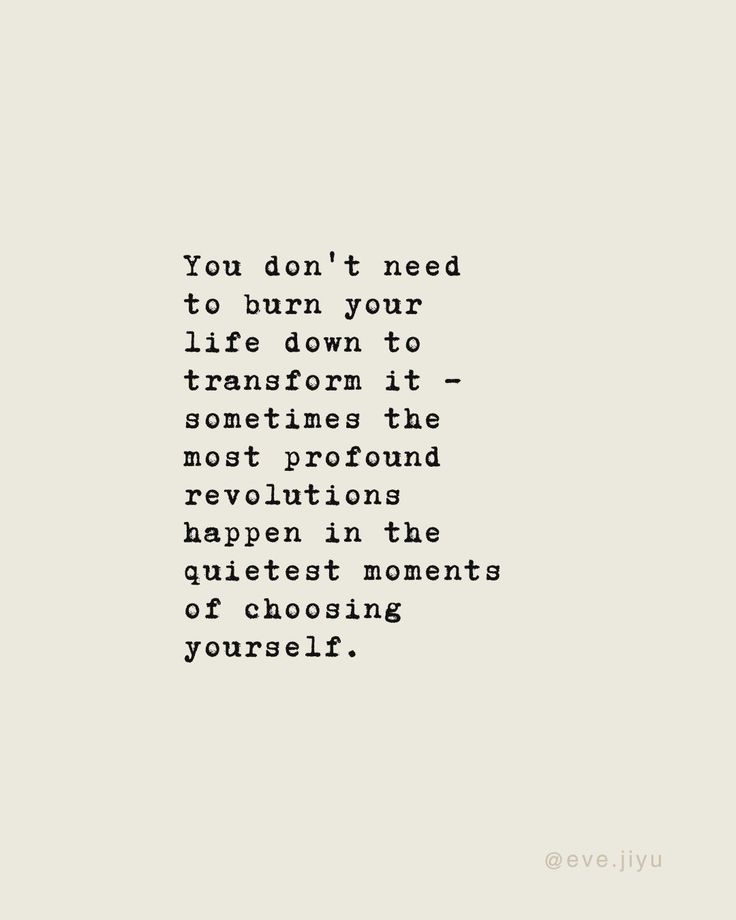
For Women Who Are Done Pretending
Look, your career takes up roughly a third of your adult life. That’s too much time to spend doing work that makes you feel dead inside.
If you’re in your thirties and feeling stuck in work that doesn’t fit, you’re not late to the party – you’re right on time. This is often when we finally have enough life experience to know what we don’t want and enough courage to pursue what we do want.
As author Elizabeth Gilbert writes in “Big Magic,” “Without bravery, they would never be able to realize the vaulting scope of their own capacities. Without bravery, they would never know the world as richly as it longs to be known.”
Your career transition doesn’t have to be dramatic or perfect. It just has to be honest.
Sometimes, the most honest thing you can do is admit that where you are isn’t where you want to stay. And sometimes, that admission is the first step toward work that actually feels like yours.
Don’t be afraid of yourself. Don’t be afraid of wanting something different. The world today gives us more choices about how to work and live than any generation before us has had. You get to decide what success looks like for you.
Whether you’re considering a career change at 30 or you’re already deep in the process, remember that transformation doesn’t have to be perfect – it just has to be honest.
If you’re navigating your own career change at 30 or life transition, I’d love to connect with you. You can find me sharing more honest thoughts about life, growth, and freedom on Instagram and here on my blog. Remember: it’s never too late to start over, and making a career change at 30 might just be the perfect age to begin living authentically.




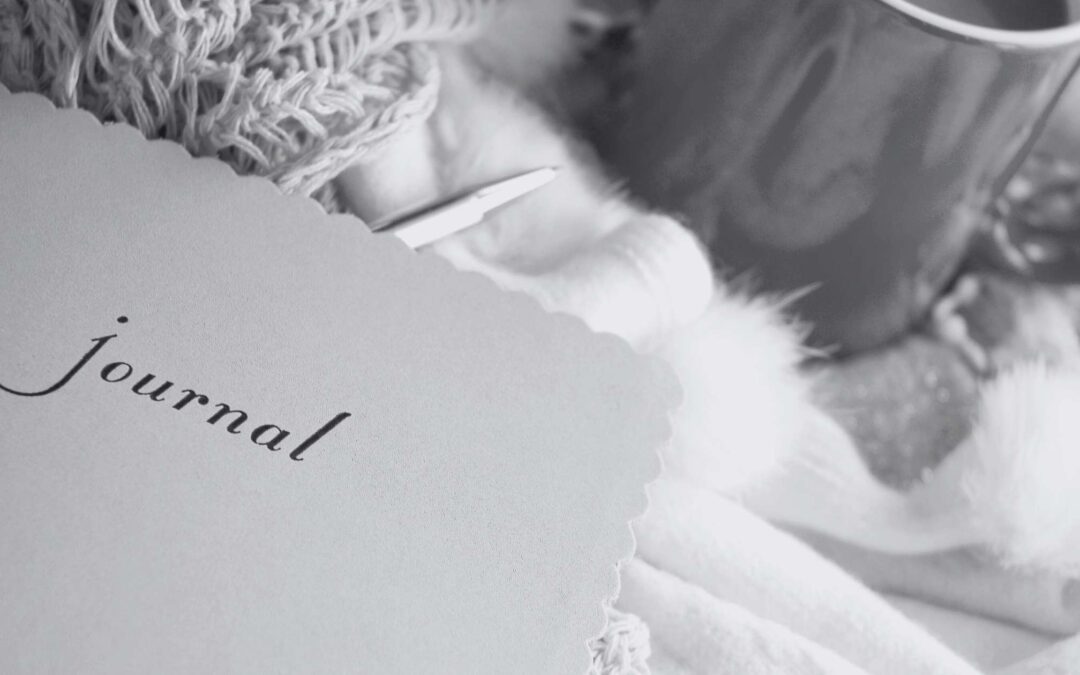
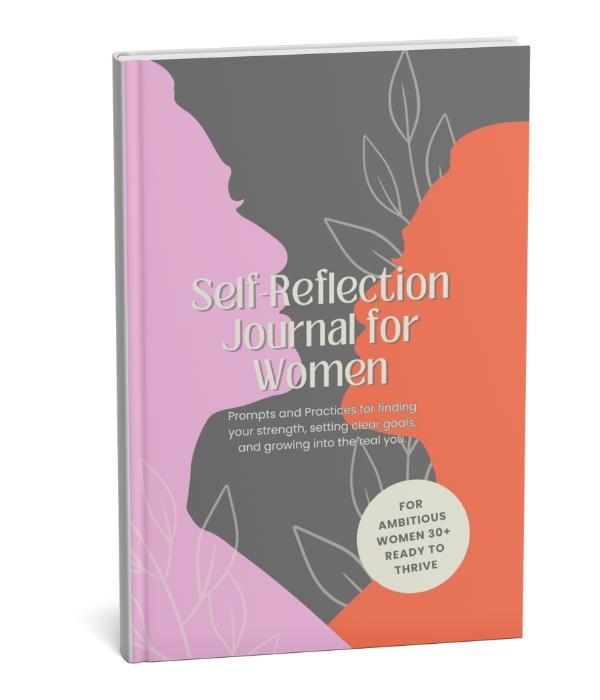








0 Comments